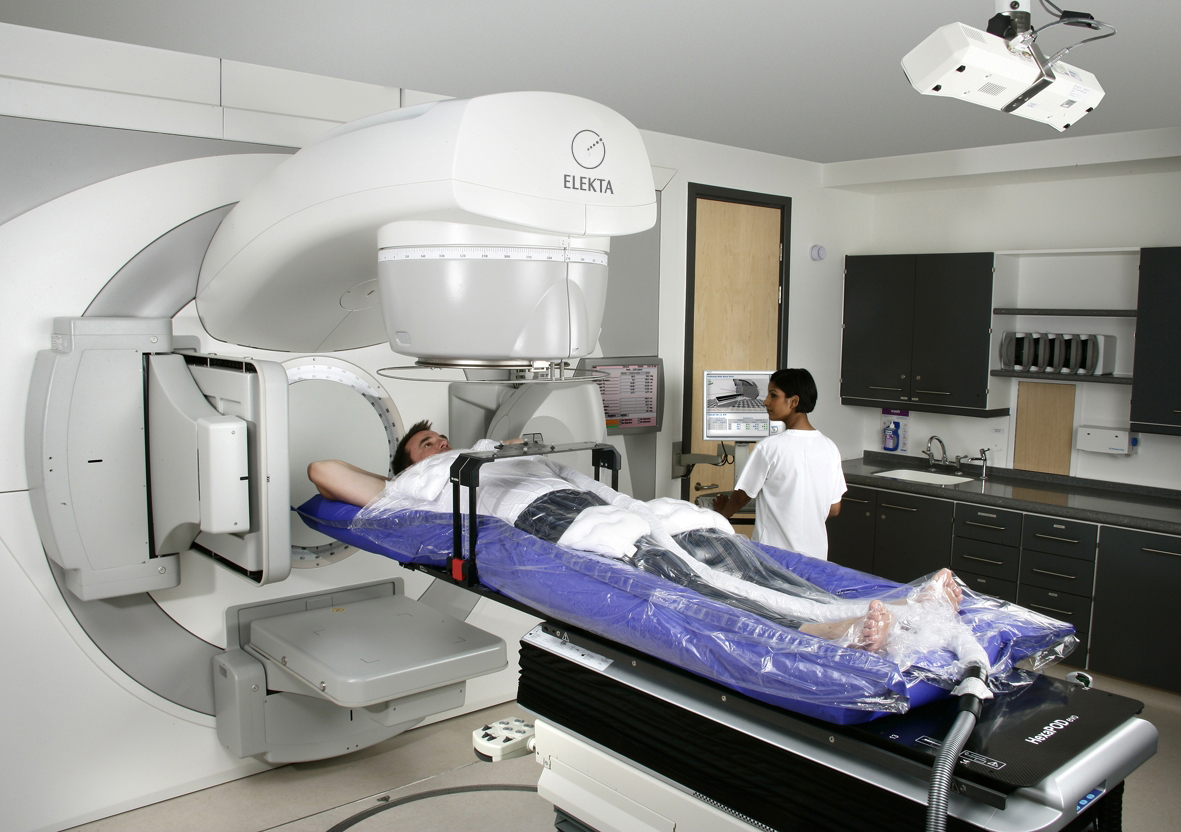
May 16, 2013— The American Society for Radiation Oncology (ASTRO) and the American Urological Association (AUA) have published a joint guideline on radiation therapy after prostatectomy for patients with and without evidence of prostate cancer recurrence. The 81-page document represents an intensive collaboration among experts in the radiation oncology and urology fields.
The Adjuvant and Salvage Radiotherapy After Prostatectomy: ASTRO/AUA Guideline is a comprehensive review of 324 research articles of English-language publications within the Pubmed, Embase and Cochrane databases, published from Jan. 1, 1990 through Dec. 15, 2012. The guideline is available online free and will be published in the August 2013, print issues of the International Journal of Radiation Oncology • Biology • Physics (Red Journal) and The Journal of Urology.
The strategies and approaches recommended were derived from evidence-based and consensus-based processes in the reviewed articles. The systematic review included articles that provided detailed efficacy in patients with detectable and undetectable prostatic specific antigen (PSA) levels, toxicity and quality of life impact, and optimal imaging strategies to determine the appropriateness of radiation therapy use in patients suspected of recurrence. Only studies in which PSA data were provided for 75 percent or more patients were included in the guideline.
The guideline document provides the following clinical principles, recommendations, standards and options:
- Patients who are being considered for management of localized prostate cancer with radical prostatectomy should be informed of the potential for adverse pathologic findings that portend a higher risk of cancer recurrence.
- Patients with adverse pathologic findings including seminal vesicle invasion, positive surgical margins and extraprostatic extension should be informed that adjuvant radiation therapy, compared to radical prostatectomy only, reduces the risk of biochemical (PSA) recurrence, local recurrence and clinical progression of cancer.
- Physicians should offer adjuvant radiation therapy to patients with adverse pathologic findings at the time of prostatectomy, including seminal vesicle invasion, positive surgical margins or extraprostatic extension because of demonstrated reductions in biochemical recurrence, local recurrence and clinical progression.
- Patients should be informed that the development of a PSA recurrence after surgery is associated with a higher risk of development of metastatic prostate cancer or death from the disease.
- Clinicians should define biochemical recurrence as a detectable or rising PSA value after surgery that is ? 0.2 ng/ml with a second confirmatory level ? 0.2 ng/ml.
- A restaging evaluation in the patient with a PSA recurrence may be considered.
- Physicians should offer salvage radiation therapy to patients with PSA or local recurrence after radical prostatectomy in whom there is no evidence of distant metastatic disease.
- Patients should be informed that the effectiveness of radiation therapy for PSA recurrence is greatest when given at lower levels of PSA.
- Patients should be informed of the possible short-term and long-term urinary, bowel and sexual side effects of radiation therapy, as well as the potential benefits of controlling disease recurrence. For more information: www.astro.org, at www.redjournal.org


 January 30, 2026
January 30, 2026 









